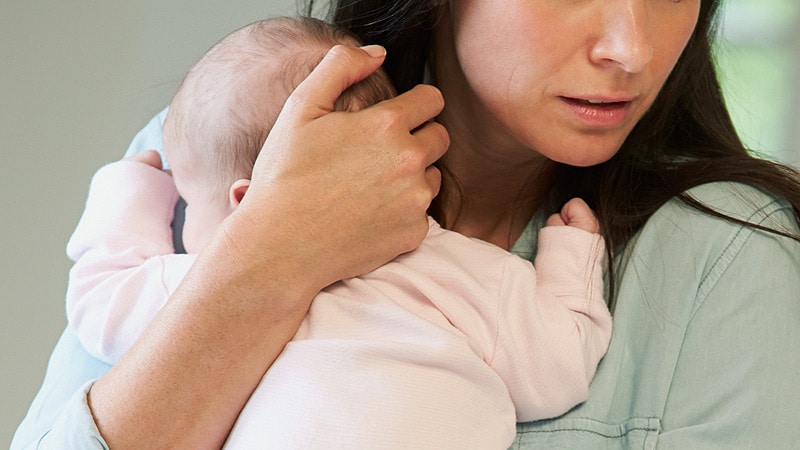
No link between fertility treatment and an increase in the risk for breast cancer was found in the largest study of the issue to date.
This study "provides the evidence needed to reassure women and couples seeking fertility treatments," commented senior author Sesh Sunkara, MD, a reproductive medicine specialist at King's College London, London, United Kingdom, in a press release.
With an increasing number of women seeking help to become mothers, the question "is a matter of great importance" and a source of considerable concern among patients, the study authors comment.
This is the largest meta-analysis to date, involving 1.8 million women who were followed for an average of 27 years. The investigators found no link with the use of gonadotropins or clomiphene citrate to increase egg production in fertility cycles.
There has been concern over the years that fertility treatment could stimulate estrogen-sensitive precursor breast cancer cells.
More than 4000 studies of this issue have been conducted since 1990, and results have been conflicting. The investigators analyzed results from the 20 strongest ones.
The new meta-analysis included nine retrospective studies, five case-control studies, five prospective studies, and one comparative study
The team cautioned that the quality of evidence in even these top 20 studies was "very low" but that such an approach is perhaps the best possible on this issue because a randomized trial among women seeking help to have children would be "ethically challenging."
In the study, the team compared breast cancer incidence among women who underwent ovarian stimulation with the incidence in both age-matched unexposed women in the general population and unexposed infertile women.
There was no significant increase in the risk for breast cancer among women treated with any ovarian stimulation drug (pooled odds ratio [OR], 1.03; 95% CI, 0.86 – 1.23, but with substantial heterogeneity between study outcomes).
There was also no increased risk when the analysis was limited to the eight studies in which women were treated with both gonadotropins and clomiphene citrate (pooled OR, 0.92; 95% CI; 0.52 – 1.60, with substantial heterogeneity).
The authors note that among the many study limitations, no distinction was made between physiologic dosing for anovulation and supraphysiologic dosing for in vitro fertilization cycles. In addition, because the treated women were generally young, the follow-up period fell short of the age at which they'd be most at risk for breast cancer.
Individual patient data were also not available, but 14 studies did adjust for confounders, including weight, race, parity, age at first birth, age at menarche, and family history of breast cancer.
Although the findings are reassuring, "further long-term and detailed studies are now needed to confirm" them, Kotryna Temcinaite, PhD, senior research communications manager at the UK charity Breast Cancer Now, said in the press release.
Fertil Steril. 2021;116:190-207. Abstract
M. Alexander Otto is a physician assistant with a master's degree in medical science, and an award-winning medical journalist who has worked for several major news outlets before joining Medscape. Email: aotto@mdedge.com.
For more news, follow Medscape on Facebook, Twitter, Instagram, and YouTube.
"breast" - Google News
June 29, 2021 at 06:37PM
https://ift.tt/3A9yK8z
No Increase in Breast Cancer Risk With Fertility Treatments - Medscape
"breast" - Google News
https://ift.tt/2ImtPYC
https://ift.tt/2Wle22m
Bagikan Berita Ini














0 Response to "No Increase in Breast Cancer Risk With Fertility Treatments - Medscape"
Post a Comment